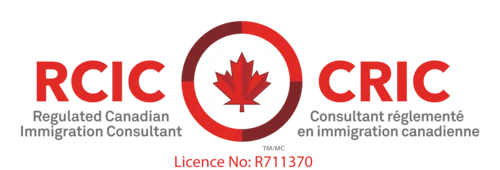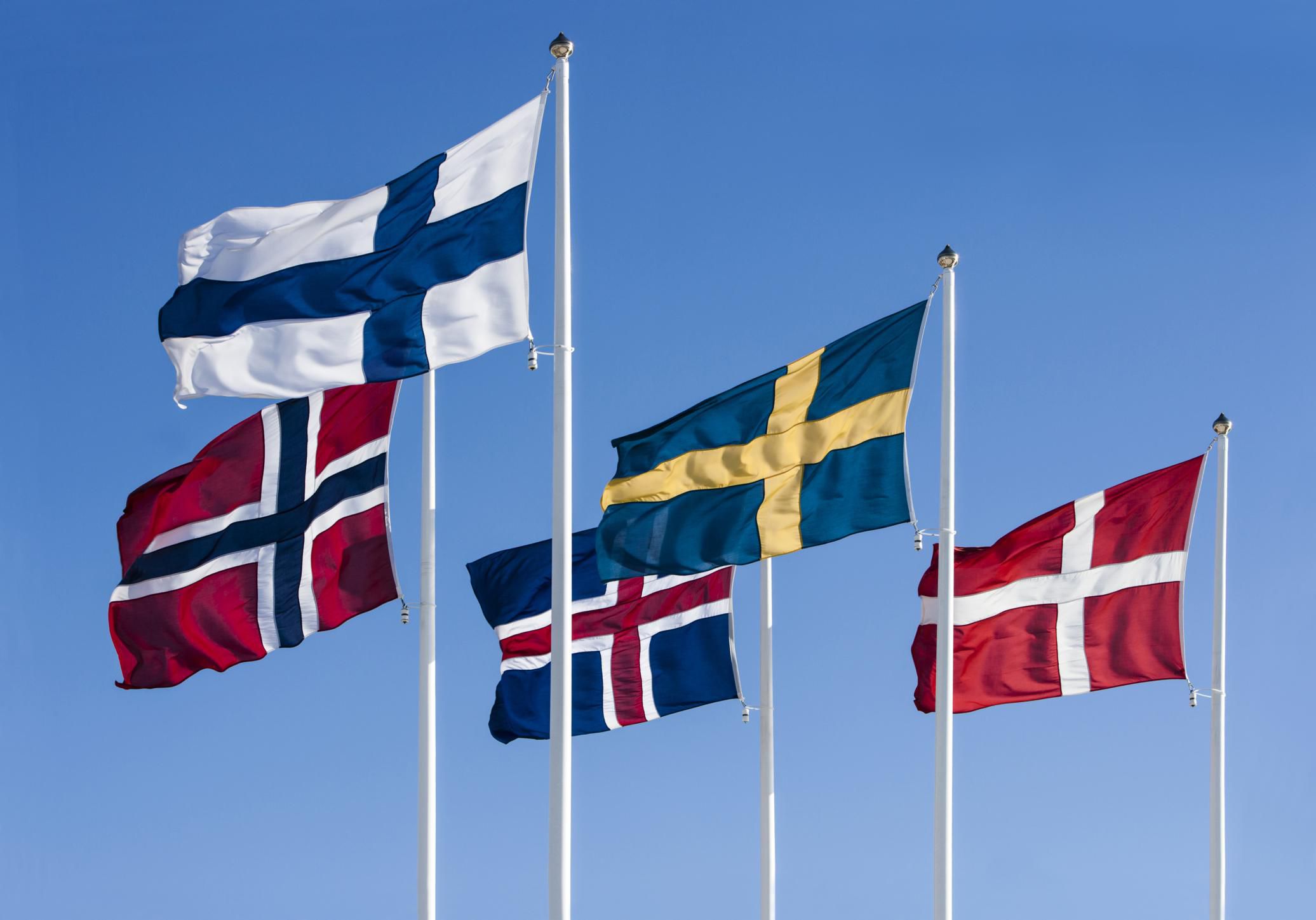Belgium study visa
Due to its tourist attractions, excellent quality of urban life, and variety of spoken languages (English, French, German), Belgium has attracted a large number of immigrants.
Belgium offers two types of study visas: long-term (more than 90 days) and short-term (less than 90 days) (less than 90 days).
In general, individuals at various levels of education in schools or universities, including bachelor’s, master’s, and doctoral, can apply for study visas.
As an international student, you can work 20 hours per week while studying in Belgium, which is one of the country’s advantages.
Also, if you need to extend your visa, you must visit the local office in your city of residence at least 14 days before your permit expires and request an extension.
The Belgian study visa is available for all study programs at private institutions, public universities, and preparatory programs for enrolling in college.
Belgian study visa categories
Belgium minor Student Visa: There are two ways to obtain a minor student visa in Belgium. The first is for applicants who plan to study in Belgium on their own. These people can attend private and foreign schools in Belgium.
The second type of applicant is one who is studying in Belgium indirectly through a major person, such as a father or mother, who has legal residence in Belgium, and one of the benefits of this second type of candidate is that the student can use the services of Belgian public schools for free.
Belgium student visa for bachelor’s degree: An undergraduate study visa can be obtained in two ways. The first is studying at public universities, where courses are often given in German, French, and Dutch, while English is rarely used.
The second option is to attend private universities that provide English education at a considerable fee.
In addition to studying, students are permitted to work 10 hours per week during their three to four years of undergraduate education.
Belgium student visa for master’s degree: To enroll in a master’s program at a Belgian university, you must submit your bachelor’s degree and transcripts to the institution of your choice. In this program, unlike the bachelor’s degree, the majority of courses are taught in English, and it is expected that it will take between one and two years to earn the master’s degree.
You can apply for admission to the master’s degree in the final semester of your bachelor’s program by submitting a certificate of enrolment and transcripts of the courses you have already completed.
Important factors such as undergraduate GPA, drafting a suitable resume, providing a language certificate, and scoring well on tests such as the GRE can improve your chances of admission.
Belgium student visa for Ph.D.: The requirements for getting a Belgian study visa to pursue a phd differ slightly from those for other degrees. At this point, in order to do research and complete the PhD project, you require a supervisor who will guide you along the way.
Most supervisors select individuals with impressive resumes and valid credentials. After being accepted by the supervisor, you can study at the PhD level with his research team. This course’s duration is between three and five years.
Benefits of a study visa in Belgium
If you are interested in studying in Belgium and have chosen this country to reside in order to advance and develop in your field of interest, we recommend that you read on to learn more about the advantages of a Belgian study visa. Some of these advantages include:
- acquiring permanent residency status after five years
- No physical residency required
- Permission to visit in 26 Schengen countries
- The advanced educational system in Belgium
- The great healthcare system in Belgium
- Possibility of immigration for citizens of all nations
Studying in Belgium in your language of choice (English, French, Dutch, German):
It is recommended to choose your preferred language before deciding on your institution and study course in Belgium, as there are four common languages for studying in this country. One of the most significant benefits for students planning to study in this country is the possibility of studying in English.
In Belgium, there are active centers that encourage undergraduate students to submit papers and do research in the field of relevant topics in English.
Obtaining a Belgian student visa to attend the finest MBA programs:
Today, MBA programs are more prevalent than ever before, and in the global economy, employers place a greater emphasis on global perspectives. One of the primary reasons for Belgium’s recognition and popularity is the country’s exemplary international education system. MBA programs offer several work options in multinational corporations and non-governmental organizations, which can be of significant benefit to students after graduation.
Conditions required to obtain a student visa in Belgium:
- As an applicant who is not a citizen of the European Union, you must first get a study visa in order to enroll in one of Belgium’s universities or educational institutions.
- To obtain a study visa for Belgium, you must present the following documents at the embassy of this country. Included among the documents you will be required to provide are:
- Providing confirmation of university enrollment via one of the following methods:
- Registration for the university entrance exam
- Letter of acceptance or certificate of pre-registration for the desired course
- Certificate of registration in the desired course
- Completing two forms for a long-term visa in one of the approved languages (German, Dutch, French, English)
- Payment verification for executive services
- Presenting two 3 x 4 photographs
- When you live in Belgium to study, you must provide evidence that – you have sufficient income; the required amount is 666 euros per month.
- Providing the most recent academic credential and transcripts with translation
- One of the following language documents is required to acquire a student visa:
- English: TOEFL or IELTS
- Dutch: NT2-11 Diploma
- French: DELF or DALF
- German: DSH or TestDaF
(It should be mentioned that in order to study in Belgium in English, German, French, or Dutch, you must have a B2 proficiency level in that language. To study in Belgium in English, you need a minimum IELTS score of 6 and a TOEFL score between 510 and 559 on the paper-based test and between 72 and 94 on the computer-based test.
- Presenting a physical health certificate
- Criminal record certificate
Study fees in Belgium:
Due to Belgium’s federalist system and the fact that each region has its own regulations, the cost of education in Belgium varies by location and institution.
Students from outside the European Union must pay greater registration fees, depending on the type of university or educational institution, than European Union citizens.
In the meanwhile, the student scholarship might be of great assistance; for example, the tuition fee for students with a scholarship is 80 euros per year, whereas a student without a scholarship must pay 830 euros per year to the institution.
Universities in Belgium split diverse nationalities into four categories: European nations inside the European Union, less developed nations, developing nations, and developed nations.
- European countries within the European Union: 800 to 1500 euros
- Less developed countries: 800 to 1200 euros
- Developing countries: 4,000 to 8,000 euros
- Developed countries: 4000 to 8000 euros
Living expenses in Belgium:
Some Belgian cities have an expensive cost of living. This expense, which includes housing, transportation, food, and taxes, is estimated to range between 750 and 1100 euros a month for one individual.
Grants and scholarships in Belgium:
In addition to its grants and scholarships for international students from developed and developing countries, Belgium has made these scholarships available to international students from other regions.
Government scholarships in Belgium:
Belgian Development Agency (BTC) Scholarships: This Scholarship supports postgraduate and doctorate studies in 18 countries where the Belgian Development Agency cooperates.
The VLIR-UOS scholarship: It is a scholarship granted to students from 54 countries for development-related education and master’s degrees. This scholarship covers tuition and housing expenses.
CIUF-CUD Scholarships: It is a scholarship for graduate students from underdeveloped nations to enroll in study programs.
Erasmus scholarship: It is a scholarship that permits overseas students to take Erasmus Mundus courses for free.
Private scholarships in Belgium:
Science@Leuven scholarships for international students: This fellowship is awarded to international students pursuing a master’s degree in biology, physics, chemistry, geography, astronomy, mathematics, astronautics, or statistics, and may be renewed for a second year.
IRO Doctoral Scholarship Program at U.Leuven: It is a grant for PhD candidates from developing countries that has been awarded to over 100 students in the last ten years.
Liège University Scholarships for International Students: It includes scholarships for 1-2 years with travel and registration fees for master’s students in Europe and around the world.
fellowship: The Belgian American Educational Foundation gives up to eight fellowships, each with a $25,000 living stipend, to promote advanced education or research for US citizens.
Ghent University Masters Scholarships for Students from Developing Countries: This scholarship is available up to ten times each year and is comprised of a monthly stipend, insurance cost, and tuition for up to two years. This grant is also available to master’s students from underdeveloped nations.
Ghent University Doctoral Special Research Fund: This fellowship provides PhD students from underdeveloped countries with a 24-month scholarship at Ghent University during a 4-year period.
Fulbright Scholarship: The Committee on Educational Exchanges between the United States, Belgium, and Luxembourg offers this scholarship to support master’s and doctoral studies, predoctoral and postdoctoral research.
The steps to apply for a Belgian study visa are:
- Providing the necessary documentation to a university or an approved educational institution in order to gain admission
- Acceptance letter receipt
- Visiting an embassy to obtain a visa
- Study visa issuance
- Migration
Providing the necessary documentation to a university or an approved educational institution in order to gain admission:
To be accepted for undergraduate studies at Belgian universities, you must produce a valid graduation certificate from the previous year, which is comparable to a high school diploma, as well as a translation.
In Belgium, students must have completed 120 units in order to be admitted to a master’s degree program, and a master’s degree is required for a doctoral degree. For PhD admission, the student must select a supervisor based on his field of study and approve the topic of his thesis project under his supervision. The student might enroll at the university of his choice after submitting the thesis proposal.
Acceptance letter receipt:
Your application must be approved at one of Belgium’s prominent universities or institutes in the second stage of the process to receive a Belgian study visa. The selected university will make the necessary decisions to approve or reject your application after analyzing it and based on your initial requirements.
Visiting the embassy to obtain the visa:
At this point, the applicant visits the Belgian embassy or consulate in their home country and presents the necessary paperwork to receive a visa.
Study visa issuance:
Your visa application will be forwarded by the embassy or consulate to the Department of Foreign Affairs, which will make the ultimate judgment on whether it qualifies or not. After submitting your request, you must wait 1-4 weeks for a response.
Migration:
You have 8 days to register at the Foreign Nationals Registration Office in Belgium and obtain an official residence permit. You have 8 days after your arrival to visit the municipal offices in the city where you wish to study.
The reasons for the rejection of the study visa application:
In some cases, the Belgian embassy may reject your visa application for a variety of reasons, such as a lack of proof of submitted documents or invalid reference letters. In certain instances, you can file an appeal or resubmit your visa application.
A denied application is a painful experience for the applicant, but Sabouri Immigration Group professionals can help you resolve it and any other issues that may arise. Our specialists are available to answer any questions you may have.





